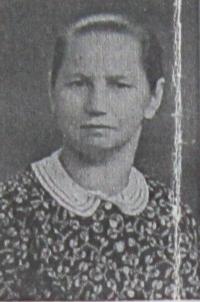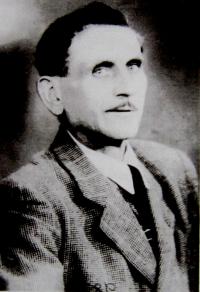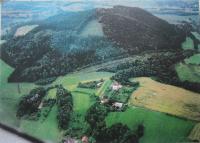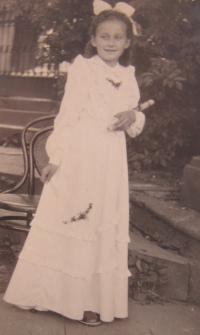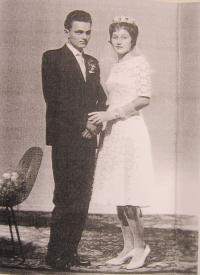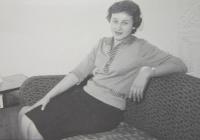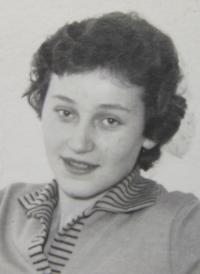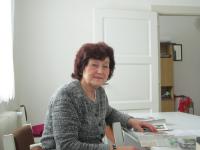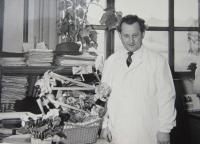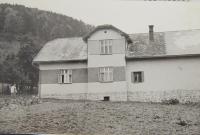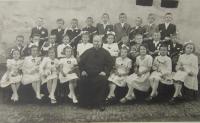On the surface there was pretence, but the human, the real was somewhere inside us, and it wasn’t allowed to get out
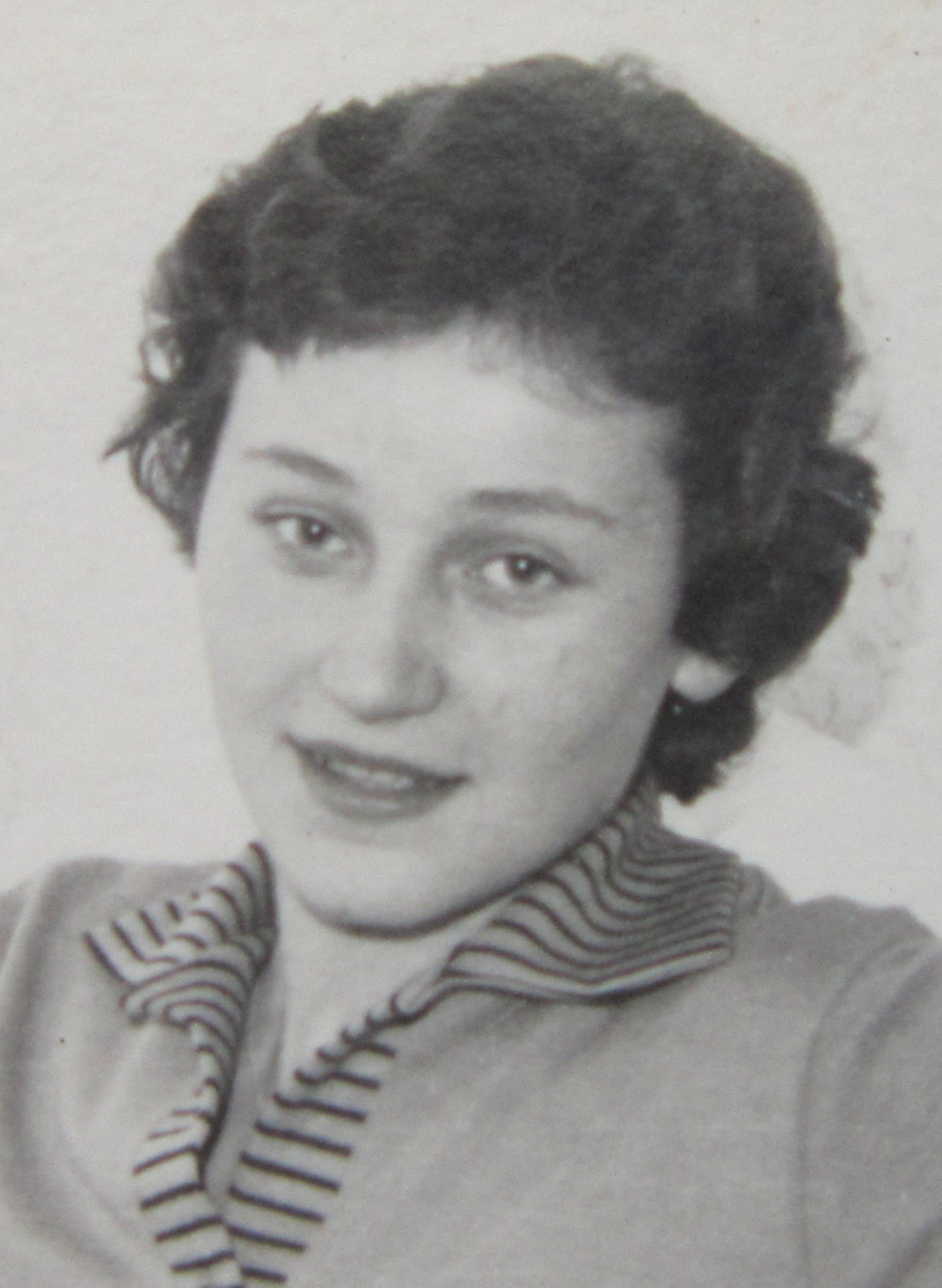
Download image
Marie Hromádková, née Eliášová, was born on 25 April 1943 in the settlement of Pružiny, which came under the village of Tichá in the district of Nový Jičín. She spent ten years in this solitary settlement, which was not connected to the power grid until 1949. During the Communist-organised collectivisation of rural property she witnessed the pressure applied to her grandparents to join the local united agricultural co-op. Her grandfather took this very badly, and the enormous strain on his nerves apparently cost him his life. The witness graduated from a teaching faculty and became a teacher of Czech language and art. Although she never participated in any resistance activities herself and she did not spend a single day in Communist prisons, her story shows that even in this time of limited freedom a person could retain their dignity and common sense and that it was not necessary to bend over with the rest of the crowd. Although she was not fired from her job, her opinions and the stances she took limited her career growth. After the fall of Communism she became one of the founding members of the Civic Forum in Mořkov, taking up the role of its local spokesperson. She still lives in this relatively large municipality, and for the past twenty-five years she is its chronicler.
